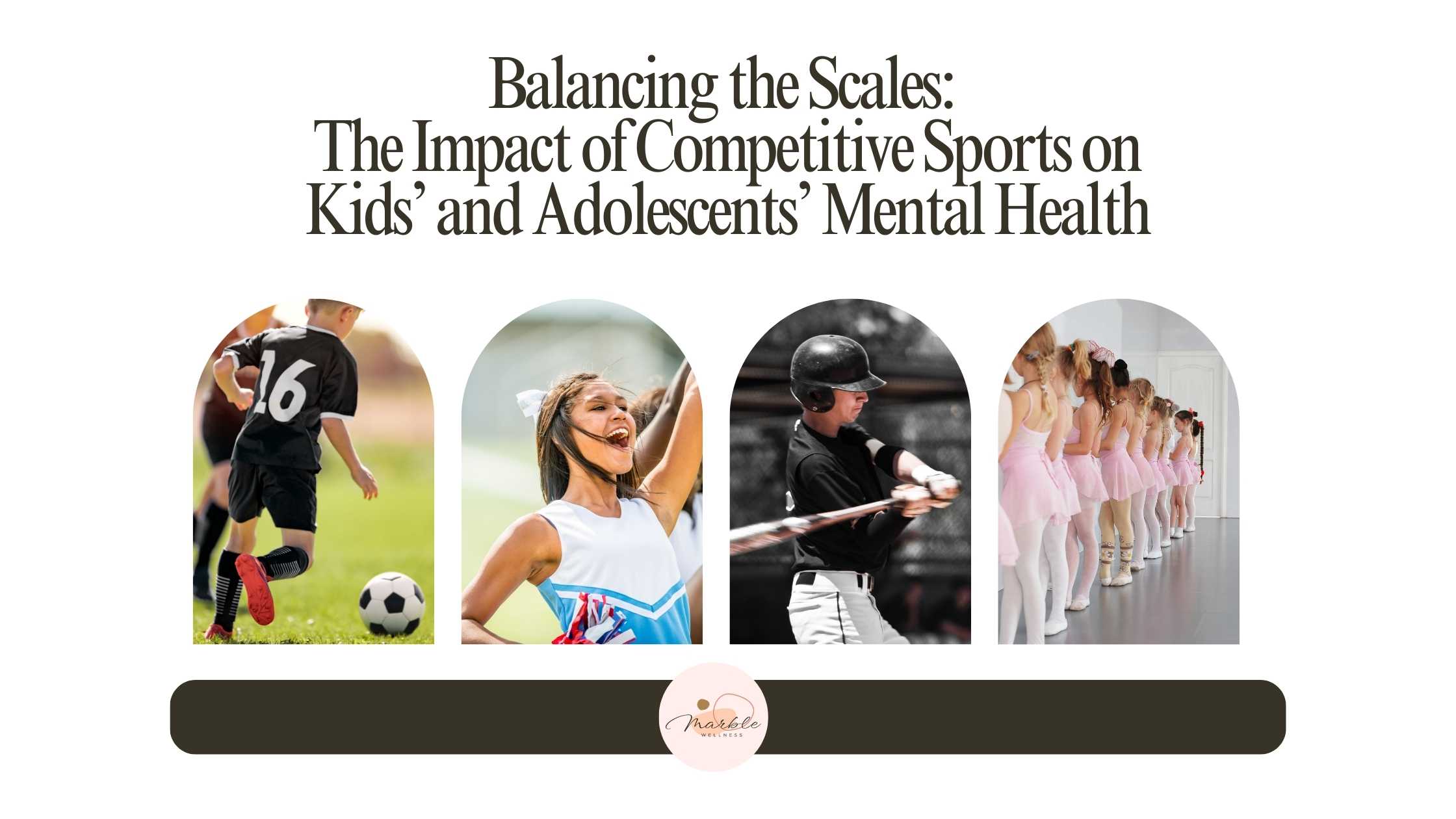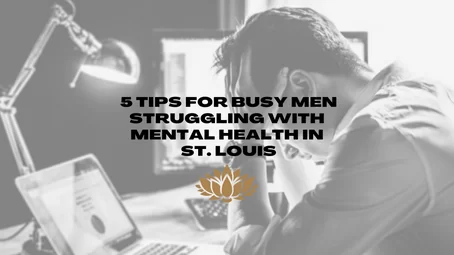If you’re a parent of a child in competitive sports, you’re basically in a sport yourself: primary cheerleader; emotionally coaching them through the highs of winning and the lows of losing; chauffeuring and mastering the logistics of all of the practices, tournaments, hotel stays; and just the overall support needed to help your child achieve in their sport…whew, you’re exhausted, too, and you’re not even the one at running practices!
But you’re probably here because you Googled a few things on the internet about how to best support your child in those competitive sports.
Are competitive sports good or bad for children?
Now, we all know that sports offer numerous benefits to kids and adolescents, including improved physical health, enhanced social skills, and increased self-esteem. Not to mention these activities teach discipline, teamwork, and resilience, providing a solid foundation for personal growth and development!
HOWEVER, we know there’s also intense pressure–internally and externally-for these kids to perform at the highest of their level constantly. These constant pressures and expectations placed on young athletes can often lead to significant mental health challenges.
How do sports affect student-athletes’ mental health?
As a mental health therapist in the St. Louis area, I often observe that anxiety, stress, and burnout are common among those involved in competitive sports. The relentless pursuit of excellence, coupled with potential negative coaching practices and a culture that often prioritizes winning over personal well-being, can exacerbate these issues.
Common themes observed with my young clients involved in sports:
- Pressure and Anxiety: The competitive nature of sports can lead to significant pressure to perform, which may cause anxiety and stress. This is especially true if the emphasis is heavily placed on winning rather than enjoyment and personal growth.
- Burnout: Intensive training and the high demands of competitive sports can lead to burnout, characterized by physical and emotional exhaustion, reduced performance, and loss of interest in the sport.
- Injury: Physical injuries are common in sports, and the recovery process can be mentally challenging, especially if the injury is severe or recurring.
- Impact on Academic Performance: Balancing sports and academics can be difficult. The time commitment required for competitive sports can sometimes interfere with academic responsibilities and performance.
- Body Image Issues: Certain sports place a high value on specific body types or weights, which can contribute to body image issues and, in some cases, eating disorders.
- Negative Coaching Practices: Coaches who employ overly critical or punitive methods can negatively affect a young athlete’s self-esteem and mental health.
As parents/coaches/mentors to young athletes, we know that you want to make sure that you are providing mindful support to ensure that participating in the activities that they love remains beneficial and enriching to them! Which is clearly what brought you here to this article. Take a look below at some ways your children can continue doing what they love, while navigating the accompanying challenges, in a healthy way.
Mitigating Negative Impacts of Competitive Sports on Children & Teens
Supportive Environment:
Coaches and parents should emphasize effort, personal growth, and enjoyment over winning. A supportive environment can help mitigate the pressures of competition.
Open Communication:
Encouraging open communication about feelings and experiences can help young athletes process and manage stress and anxiety.
Balanced Approach:
Ensuring a balance between sports, academics, and leisure activities is crucial. Kids and adolescents should have time to relax and engage in other interests.
Education on Healthy Habits:
Educating young athletes about healthy eating, proper rest, and injury prevention can promote both physical and mental well-being.
Mental Health Resources:
Providing access to mental health resources, such as our STL therapists here at Marble Wellness, can support young athletes in managing the mental demands of competitive sports. Our teen counselors and child therapists can see children and teens as young as 3 years old for child therapy and teen counseling in Ballwin, MO.
Sometimes youngsters just need a little more emotional help than what parents and coaches are able to provide! They might find it easier to vent to a non-biased adult, such as a therapist, rather than someone they are close to. This can allow them to express themselves more freely and without fear of disappointing or worrying someone they love or care about.
10 Ways A Child & Teen Therapist Can Help Competitive Athletes
- Education on Mental Health: Educating the child and their family about the importance of mental health and how to recognize early signs of stress and burnout.
- Emotional Support: Offering a safe space for the child to express feelings of stress, anxiety, or disappointment without judgment.
- Coping Strategies: Teaching effective coping mechanisms to manage pressure and anxiety, such as mindfulness, relaxation techniques, and positive self-talk.
- Goal Setting: Helping the child set realistic and achievable goals, focusing on personal improvement rather than solely on winning.
- Balance: Encouraging a healthy balance between sports, academics, and social life to prevent burnout and maintain overall well-being.
- Self-Esteem Building: Working on building and maintaining self-esteem through positive reinforcement and helping the child recognize their strengths and accomplishments.
- Communication Skills: Improving communication skills to better express concerns and feelings to coaches, parents, and teammates.
- Resilience Training: Developing resilience and a growth mindset to help the child view setbacks as opportunities for growth and learning.
- Parental Guidance: Providing advice to parents on how to support their child’s mental health and well-being in the context of competitive sports.
- Conflict Resolution: Assisting the child in resolving conflicts with coaches, teammates, or parents in a constructive manner.
Start Therapy in the St. Louis Area
If you live in the St. Louis metro area and are ready to improve your mental health, our expert St. Louis therapists are here to help. Not only do we have a team of therapists in Ballwin, MO, but we have also recently expanded to serve the Lake St. Louis and Wentzville area! Reach out to our Client Care Coordinator today to discuss your therapy options, both in-person and via online therapy in Missouri.
Contact Us!
Learn About Our Group Offerings

Additional Counseling Services at Marble Wellness in St. Louis, MO
Marble Wellness Counseling services are designed to help set you on a path of living a more fulfilled, calm, and happy life. Our St. Louis area therapists have a variety of training backgrounds and areas of expertise. We specialize in anxiety, depression, grief, chronic illness, therapy for men, couples, and maternal overwhelm. Our practice also helps new moms with various postpartum concerns, moms in the thick of parenting, and moms with teens. We can also chat from wherever you are in the state with online therapy in Missouri. No matter where you are in your journey, we are here to help you thrive!



